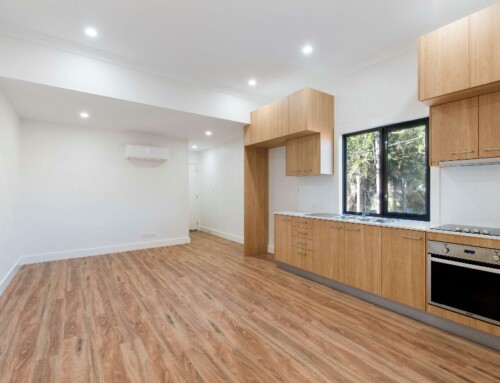The decision to purchase a property is perhaps one of the largest financial decisions an individual will make in his or her life. Yet there are times when certain things are overlooked and this could cause a hiccup when it comes to the purchase process. Here are a few things to take note when buying a property
1) Do not change jobs
If you are going to purchase a property within the next year, do not change jobs. One of the criteria for a loan approval from a bank is job stability. Even is you leave your current position for something that pays you higher, the bank will still see this as a negative. You should be in your current position for at least 6 months to 1 year to be deemed a credible borrower.
2) Do not take up a new car loan
As car loans are included in an individual’s Total Debt Servicing Ration (TDSR), purchasing a new car with a new car loan may adversely affect your ability to get the mortgage you require. It is not just car loans but every type of loan.
3) Do not make big purchases with your credit cards
Similar to the previous point, when you are in the process of applying for a home loan, all other financial commitments will come into consideration. Having huge purchases on your credit cards or applying for new cards may adversely affect your credit score.
4) Get your in-principle-approval for your home loan
Look up a banker or a mortgage broker and get an in-principle-approval (IPA) for a home loan before you embark on viewing properties. An IPA would state the amount that the bank is willing to lend you based on the financial commitments at the point of application of the IPA. Of course, once you get your IPA, do not make any drastic financial commitments which would render the IPA invalid.
5) Understand all costs involved in a property transaction
For many, buying a property is something which they will do not very often. Thus they may overlook certain costs which they are required to fork out. When in doubt, check with a real estate professional or a financial planner. Buying a property not only entails monies like deposits and stamp fees, there are legal fees as well as other miscellaneous fees involved. Check with your bank whether you are required to pay for amounts like the valuation report or an insurance policy.
6) Budget for extra expenses
Many times buyers merely set aside the required down payment and transaction fees. Buying a property is much more than that. Setting aside $30,000 for renovation and trying to stick to this amount is a prudent way of handling your money. However, you should set aside some money in case of contingency needs. A second-hand property may have some damages which may not be visible when you viewed the property. Such problems may surface once your renovation contractor starts working on the property.
7) Consider an older and less renovated property if it is cheaper
Many times buyers get swayed by properties that look ready to move in. This is the reason why home staging works. Few can look past a run-down property at a bargain price and envision the potential of what it can become. Yes, renovation is a lot of work but if you can get a similar property for 10-20% less than what a nicely renovated unit is going for, perhaps the work may be worth it. Always be open to purchasing properties which are not ready to move in if they are cheaper.
8) Do not make your purchase decision based on the assumption that your income will increase in future
Many people stretch their finances to the maximum and assume that their future income will be more than what it is today. This assumption is dangerous as no job is stable and you should always set aside some buffer for unexpected events. Purchase a property well within your financing capability. If that means purchasing a 3 bedroom unit rather than a 4 bedroom one then so be it.
9) Do not overpay for a property
At one end we have buyers wanting to buy way below market price. The type of price which most probably will not happen. However, do not be at the other end of the spectrum and purchase a property at the highest transacted price. If the seller is asking for way above market price, please move on to the next property. There are many properties for sale at market price.
10) Do your research on the area before purchasing
You should ensure that the property meets your immediate needs like ease of transport, easy access to amenities, etc… The property should double up, hopefully, as an investment property should the market move up in future. Find out about the upcoming developments in the area. If you are buying the property to rent it out, understand from the agent marketing it who those tenants are. I have seen countless property investments gone wrong especially when investors buy into areas with little or no development potential.
Yours Sincerely,
Daryl Lum






